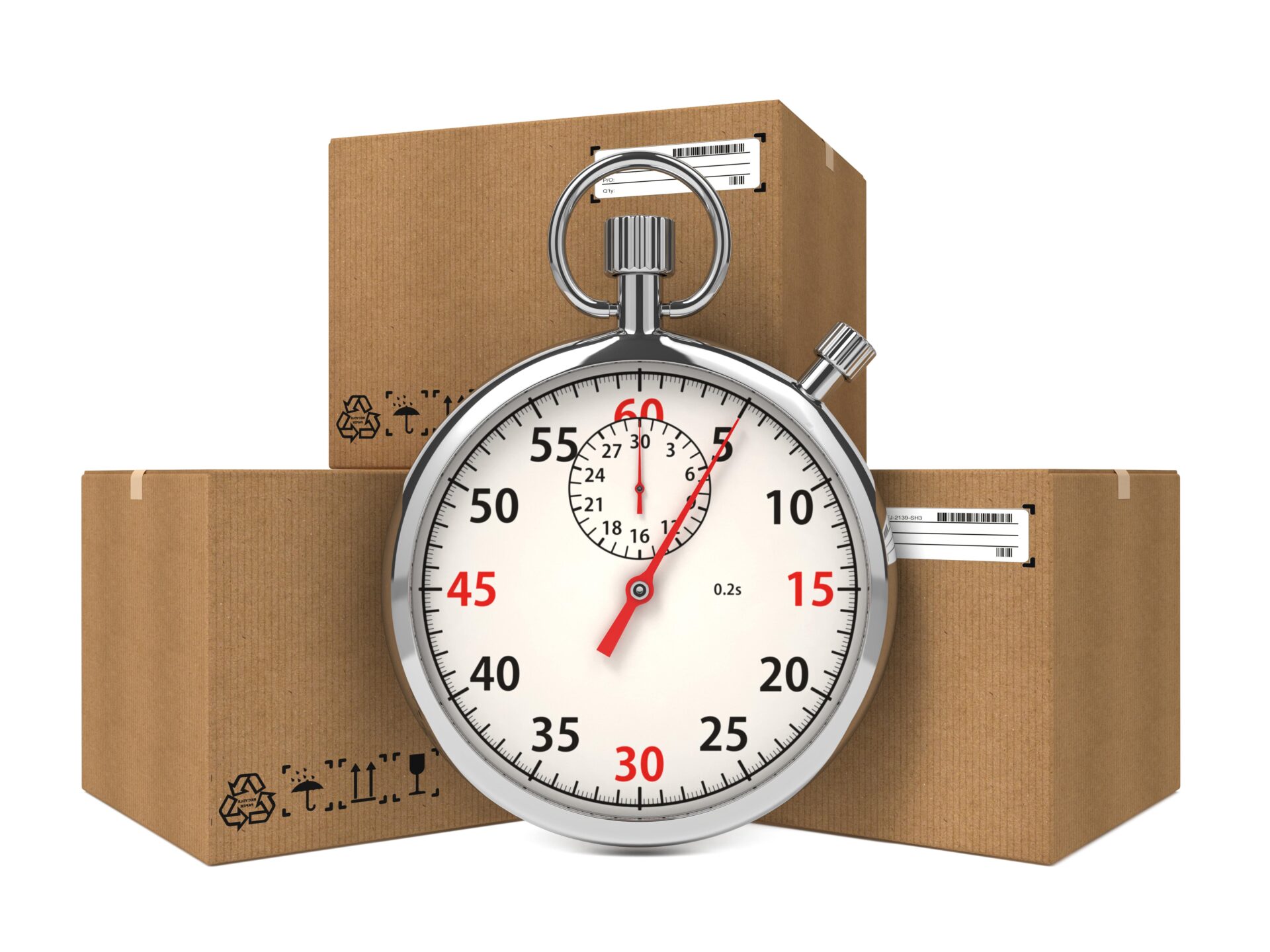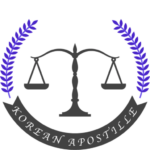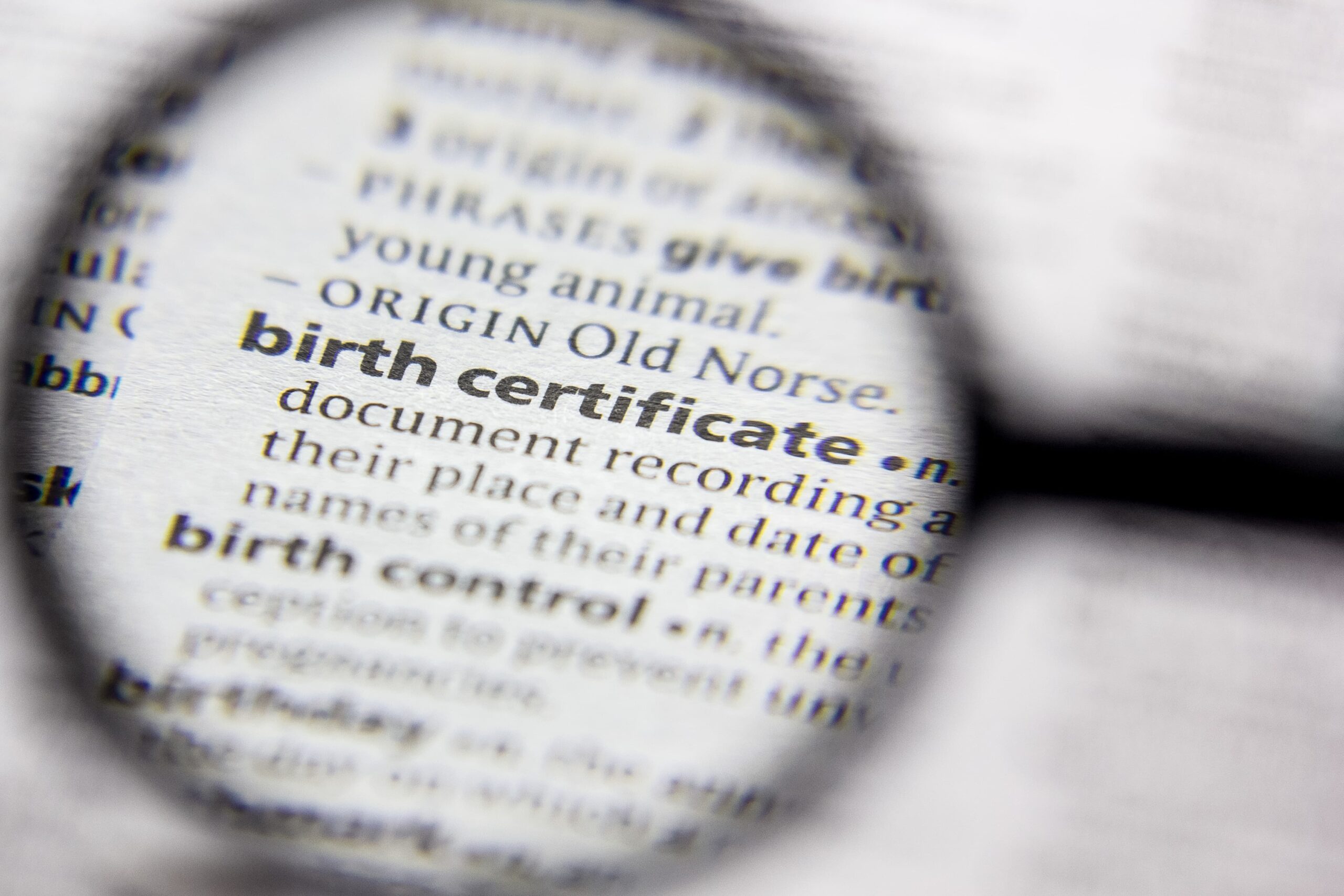Fast Apostille Service – Document Processing
When navigating the complex world of international document legalization, timing and reliability are everything. Whether you are preparing for a visa application, business expansion, or personal relocation, having your Korean documents apostilled or legalized for use abroad requires careful consideration of your specific needs and timeline. At Korean Apostille, we understand that one size does not fit all, which is why we offer Fast Apostille Service (or “express”) along with our standard document processing option, which are designed to accommodate different timelines, budgets, and urgency levels.
Understanding Your Document Processing Service Options
The difference between our standard and fast apostille service goes far beyond simple speed variations. Each service is carefully crafted to serve distinct client needs, from cost-conscious individuals with flexible timelines to businesses facing critical deadlines. Our standard service provides reliable, economical processing with included shipping, while our express, fast service offers premium, expedited handling for time-sensitive situations at an additional cost of USD $95.
Standard Document Processing Service: Reliable and Cost-Effective
Our standard service represents the foundation of our document processing offerings, designed for clients who value reliability and cost-effectiveness over speed. This service is included as part of any quote we provide, ensuring transparent pricing without hidden fees.
Domestic Delivery Process: We utilize Korea’s trusted 택배 (parcel service) system, which reliably delivers documents within 1-2 days anywhere throughout Korea. This established network ensures your documents reach our processing facility safely and efficiently, providing the first step in our comprehensive service chain.
Processing Methodology: Documents are processed using our queue-based system, where each submission is handled in the order received. This systematic approach ensures fairness and consistency, though it may result in short waiting periods during peak seasons or high-volume periods. Our experienced team maintains steady processing speeds while ensuring accuracy and attention to detail for every document.
International Return Delivery: Once your documents are successfully apostilled or legalized, we ship them back to you via Korean EMS (Express Mail Service), a reliable and cost-effective international courier service. EMS typically delivers to most global destinations within 3-7 business days, providing excellent value for international shipping while maintaining tracking capabilities and delivery confirmation.
Ideal Candidates for Standard Service: This service perfectly suits individuals and businesses with flexible timelines, those prioritizing cost-effectiveness, routine apostille needs, and anyone who doesn’t require urgent turnaround times. It is particularly popular among students planning study abroad programs, individuals handling family document needs, and businesses managing non-urgent international documentation.
Fast Apostille Service: Premium Speed and Priority Handling
Our fast apostille service caters to clients who require immediate attention and the fastest possible turnaround for their document processing needs. This premium service commands an additional fee of USD $95, but while delivering unmatched speed and priority treatment throughout the entire process.
Immediate Processing Priority: Express documents bypass the standard queue entirely, receiving immediate attention upon arrival at our facility. This priority processing ensures your documents are handled by our most experienced team members without delay, dramatically reducing overall processing time.
Enhanced Domestic Delivery: Within the greater Seoul Metropolitan Area (SMA), we deploy motorcycle couriers for same-day pickup and delivery services. This rapid domestic logistics solution eliminates traditional shipping delays, ensuring your documents reach our facility and return to you with maximum speed. For locations outside Seoul, we utilize the fastest available domestic courier options.
Premium International Delivery: Completed express documents are shipped exclusively via DHL, one of the world’s most reliable and fastest international courier services. DHL’s extensive global network typically delivers to most international destinations within 2-4 business days, complete with real-time tracking and priority handling throughout the shipping process.
Target Clients for Fast Service: This service is essential for urgent visa applications, time-sensitive business transactions, last-minute travel preparations, critical legal proceedings, and any situation where delays could result in missed opportunities or significant inconvenience.

Making the Right Choice for Your Needs
The decision between standard and fast services should align with your specific circumstances, timeline requirements, and budget considerations. Standard service offers excellent value with reliable processing and is included in all our quotes, making it ideal for planned document needs with reasonable timeframes. Express service, while requiring an additional USD $95 investment, provides unmatched speed and priority handling for urgent situations where time is critical.
Consider factors such as your deadline flexibility, the importance of your timeline, budget constraints, and the consequences of potential delays when making your decision. Our experienced team is always available to help you evaluate your specific situation and recommend the most appropriate service level.
At Korean Apostille, we are committed to making international document legalization fast, reliable, and perfectly tailored to your unique needs, regardless of which service option you choose, please get in touch with us today for all of your apostille needs.
FAQs
How does our same-day processing in express service improve document turnaround times?
Same-day processing is a core advantage of our express document processing service, delivering significant improvements in turnaround times compared to standard options.
Immediate Action, No Waiting in Line
With express, your documents are processed as soon as they arrive, bypassing the standard queue. This eliminates the wait time associated with batch or order-based processing, ensuring your request is handled without delay.
Accelerated Domestic Delivery
In the greater Seoul area, we dispatch a motorcycle courier for same-day pickup and delivery. This rapid, direct service ensures your documents reach our office and are returned as quickly as possible, often within hours, compared to the 1-2 day timeline of standard 택배 delivery.
Faster International Return
After processing, documents are shipped internationally via DHL, which typically delivers within 2-4 business days. This is faster than EMS, which can take 3-7 business days, further reducing the overall time it takes for your documents to reach you.
End-to-End Speed
By combining immediate processing, rapid domestic transport, and expedited international shipping, our EXPRESS service minimizes every possible delay. This streamlined workflow is ideal for urgent situations, allowing clients to meet tight deadlines for visas, business transactions, or other time-sensitive needs.
In summary, same-day processing in our express service dramatically improves turnaround times by prioritizing your documents at every stage, from initial receipt to final delivery.
What specific steps in express processing speed up document delivery times?
Our express document processing service accelerates delivery at every stage, leveraging specialized logistics and operational strategies. Here are the key steps that specifically contribute to faster turnaround times:
1. Immediate Processing Upon Receipt
- Documents are handled as soon as they arrive, skipping the standard queue. This eliminates wait times associated with batch or order-based processing, ensuring your request is prioritized from the start.
2. Same-Day Domestic Pickup and Delivery
- In the greater Seoul area, we use a motorcycle courier for same-day pickup and delivery. This direct, on-demand service bypasses the delays of standard 택배, ensuring documents reach our office and are returned locally within hours, not days.
3. Priority Handling Throughout the Workflow
- EXPRESS shipments are marked and treated as high-priority at every stage, from intake to final dispatch. This means they are processed, packed, and handed off to carriers ahead of standard orders, minimizing downtime and bottlenecks.
4. Expedited International Shipping via DHL
- After processing, documents are sent internationally with DHL, a global leader in express logistics. DHL offers dedicated express lanes, optimized routing, and faster customs clearance, resulting in international delivery in as little as 2-4 business days—significantly faster than standard EMS mail.
5. Streamlined Documentation and Tracking
- All documentation is completed and verified in advance to prevent customs or administrative delays. Advanced tracking systems provide real-time updates, allowing for proactive management of any issues and ensuring transparency throughout the delivery process.
6. Dedicated Resources and Optimized Routing
- Express services utilize dedicated courier resources and optimized logistics networks, ensuring that your documents move through the fastest possible routes with minimal handling and transfer points.
In summary:
The EXPRESS service speeds up document delivery by combining immediate processing, same-day local courier service, priority handling, expedited international shipping, and streamlined documentation. These steps work together to minimize every possible delay, delivering your documents faster and more reliably than standard processing
How does prioritized handling accelerate document processing in express services?
Prioritized handling is at the heart of our EXPRESS document processing service, and it directly accelerates document turnaround in several key ways:
1. Immediate Attention and Bypassing the Queue
When documents arrive under our EXPRESS service, they receive immediate attention—skipping the standard processing queue. This means your documents are not delayed by earlier, non-priority submissions, allowing for same-day initiation of all necessary steps.
2. Fast-Tracked Operations at Every Stage
Just as in priority shipping for logistics, prioritized handling ensures your documents are processed, reviewed, and dispatched ahead of standard orders. Each step—whether it’s verification, apostille, or legalization—is expedited, minimizing idle time between stages.
3. Dedicated Resources and Streamlined Workflow
EXPRESS processing often involves dedicated staff and resources focused solely on priority orders. This reduces bottlenecks and ensures that high-priority documents move swiftly through the system without being held up by routine volume.
4. Priority in Delivery and Return Shipping
After processing, express documents are handed over to premium couriers (motorcycle courier domestically, DHL internationally), which themselves operate on a priority basis. These carriers expedite pickup, transit, and delivery, further shortening the overall turnaround time.
5. Proactive Monitoring and Real-Time Updates
Prioritized handling frequently includes real-time tracking and proactive management, allowing for immediate intervention if any issues arise. This reduces the risk of unexpected delays and keeps your documents moving efficiently through each stage.
Summary:
Prioritized handling in express services accelerates document processing by ensuring immediate action, dedicated resources, and fast-tracked operations at every step—from intake to final delivery. This approach minimizes wait times, reduces bottlenecks, and enables your documents to reach their destination much faster than with standard processing.
How does prioritizing cargo handling speed up document processing in express services?
Prioritizing cargo handling is a crucial factor in accelerating document processing and delivery in EXPRESS services. Here’s how it directly contributes to faster turnaround times:
1. Front-of-the-Queue Treatment
- Express shipments are always placed at the front of the processing and logistics queue, ensuring they are handled first at every stage—from intake to final delivery. This minimizes idle time and ensures documents move swiftly through each operational step.
2. Reduced Waiting and Transfer Times
- With priority handling, documents spend less time waiting at sorting facilities, customs, or transfer points. For example, express solutions often provide late cut-off times, last-minute booking options, and direct access to transportation hubs, all of which keep shipments moving rather than sitting in line.
3. Dedicated and Optimized Logistics Channels
- Priority cargo is often routed through dedicated channels or express lanes, both domestically and internationally. This includes using premium couriers, express customs clearance, and optimized delivery routes, which further reduce delays and ensure the fastest possible transit.
4. Guaranteed Capacity and Fast-Track Handling
- Express services guarantee space and resources for priority shipments, so there’s no risk of being bumped or delayed due to capacity constraints. Fast-track handling at every facility—such as direct airside access or terminal express lanes—means documents are loaded, unloaded, and dispatched without unnecessary delays.
5. Proactive Monitoring and Real-Time Updates
- Prioritized shipments are closely monitored with real-time tracking, allowing for immediate intervention if issues arise. This proactive approach helps prevent and resolve bottlenecks before they impact delivery speed.
Summary:
By prioritizing cargo handling, express services ensure your documents are always processed, transported, and delivered ahead of standard shipments. This systematic prioritization at every stage—intake, processing, transit, and delivery—dramatically reduces turnaround times and increases reliability for urgent document needs.
Why does faster cargo handling lead to quicker customs clearance and documentation?
Faster cargo handling leads to quicker customs clearance and documentation primarily because it reduces delays and allows customs authorities to process shipments more efficiently. Here are the key reasons why:
- Reduced Waiting Time at Ports and Facilities
When cargo is handled quickly upon arrival, it spends less time sitting idle at ports, warehouses, or customs facilities. This minimizes congestion and backlog, enabling customs officers to access and inspect shipments sooner, which speeds up the clearance process. - Enables Pre-Arrival Clearance and Early Issue Resolution
Faster cargo handling often goes hand-in-hand with submitting documentation electronically ahead of arrival (pre-clearance). This allows customs to review paperwork and resolve potential issues before the shipment physically arrives, reducing hold-ups at the border. - Improved Accuracy and Completeness of Documentation
Prioritized and faster handling usually involves better coordination and preparation of documents, reducing errors and omissions that commonly cause customs delays. Accurate, complete paperwork facilitates smoother and quicker customs inspections. - Streamlined and Automated Customs Processes
Quick cargo movement supports the use of digital customs systems and automated inspections, which rely on timely cargo flow to function efficiently. Automation helps customs authorities process shipments systematically, reducing manual checks and speeding up clearance. - Faster Physical and Administrative Inspections
When cargo is prioritized, customs can conduct document reviews, X-ray scans, or physical inspections more promptly. This reduces the time shipments spend waiting for examination and release. - Reduced Risk of Congestion-Related Delays
Efficient cargo handling prevents bottlenecks at customs checkpoints and logistics hubs, which are common causes of clearance delays. Less congestion means customs officers can maintain a steady workflow, processing shipments faster.
In summary:
Faster cargo handling accelerates customs clearance by minimizing idle time, enabling pre-arrival processing, ensuring accurate documentation, facilitating automated inspections, and reducing congestion. This combination leads to quicker review, approval, and release of shipments through customs.




